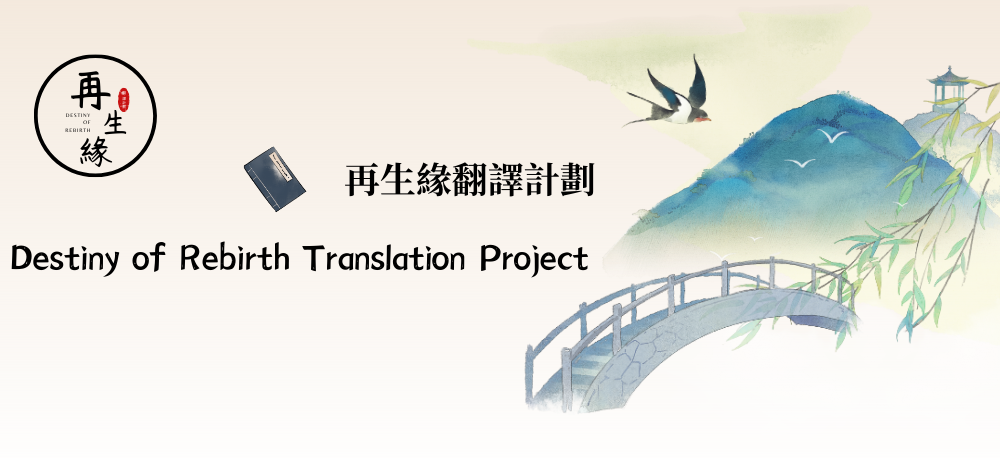The regulation of curfew is called xiaojin 宵禁 [night forbidden] in Chinese, which was implemented in imperial China as early as the Zhou dynasty (1046 BC until 256 BC). In general, except for certain festivals such as Shangyuan 上元 Festival (the fifteenth of the first month in Chinese calendar), people were not allowed to go outside on the street from yi geng san dian 一更三點 (around 8:00 pm) to wu geng san dian 五更三點 (around 4:20 am) and would otherwise face the punishments of caning.
The regulation of xiaojin is said to be rooted in Chinese agricultural civilization which cherished a lifestyle that follows the flow of nature, getting up when the sun rises and going to rest when the sun sets. Also, xiaojin worked to defend enemies, prevent crimes, and to discipline all kinds of excessive human desires (e.g. alcohol, gambling, prostitution, etc.).
See Shi Xiaojun 史小軍 and Wang Xianfeng 王獻峰, “Gudai xiaojin zhidu de wenhua yijun ji mingqing xiaoshuo zhong de xiaojin shuxie” 古代宵禁制度的文化意藴及明清小說中的宵禁書寫 (Journal of Heibei Univerity 河北大學學報, 2022, 47:4), and Cao Shenggao 曹勝高, “Gudai xiaojin de yuanyou ji biantong” 古代宵禁的緣由及變通 (Renmin luntan 人民論壇, 2021:7).
